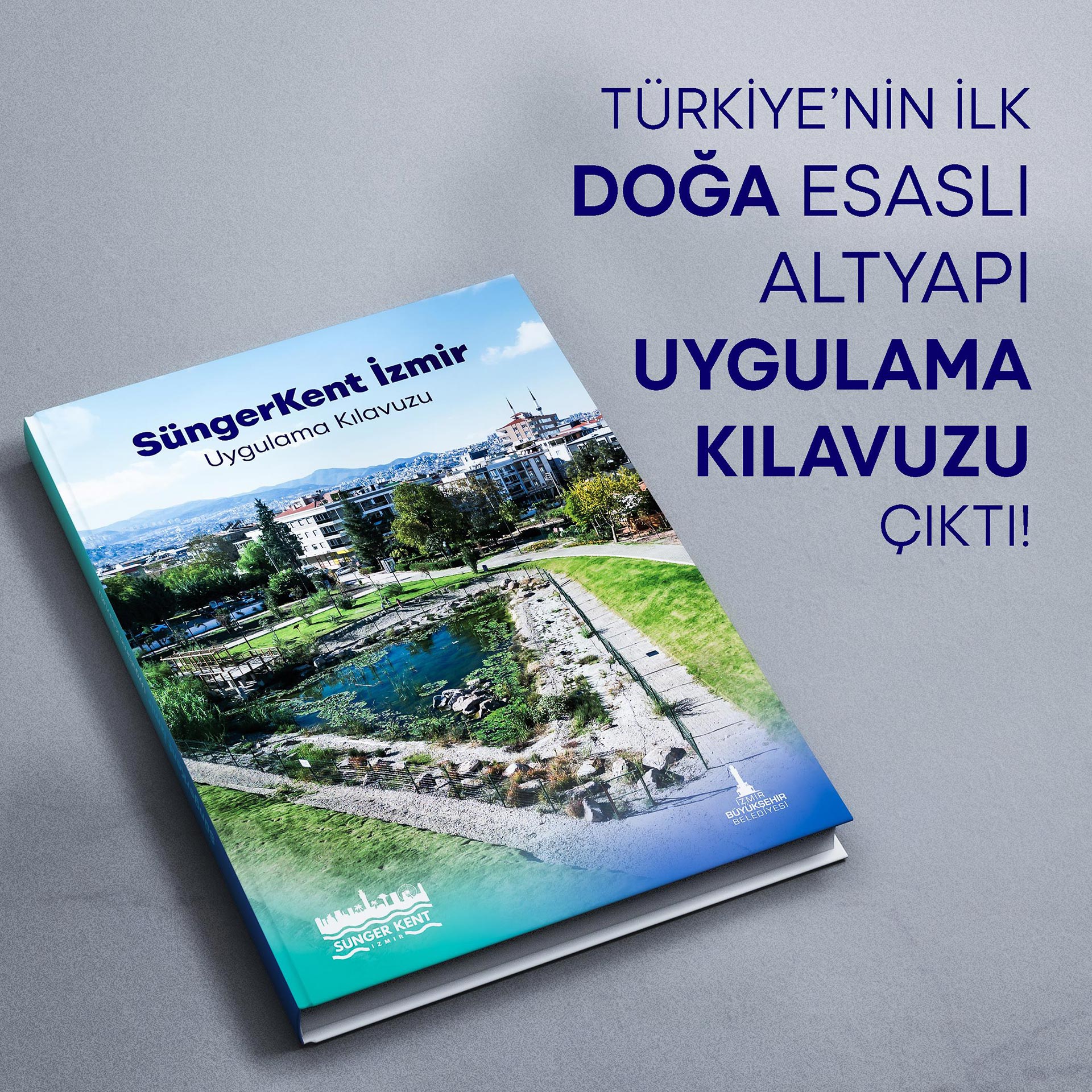Guide
Our city faces various risks due to climate change in the foreseeable future, including floods, rising sea levels, and the depletion of aquifers. Currently, urban typologies and planning paradigms remain indifferent to the ecological realities and challenges of the city. One of the most significant goals in writing and producing this guide is to create a useful resource that contributes to better managing rainwater.
The Sponge City Izmir Technical Implementation Guide is designed as a guiding document to align regional planning priorities and local planning processes with the hydrological cycle of their basins, based on the Sponge City Izmir Project. The guide primarily focuses on the management, storage, and infiltration of rainwater flowing from impermeable surfaces in urban and rural areas. Overall, this guide will help identify and appropriately use green infrastructure technical practices as a way to understand issues related to rainwater flow affecting the city.
The flexibility of the guide, its easy updatability, and its responsiveness to the needs of sustainable rainwater management in Izmir are intended. Every rainwater issue is unique, so solutions need to be customized to address this variability. While this guide provides tools, the creativity of the user is also crucial.
Feedback from users is necessary to measure the guide's usability and validate ongoing updates. Izmir's resilience to erratic weather events is inevitably connected to an infrastructure network that can protect water systems and slow down flow in the city, storing rainwater and allowing it to infiltrate aquifers. Therefore, we propose a sponge city framework that has a regional scope but requires landscape-based interventions at various scales.
This guide will serve as a resource for local governments, civil society, corporate initiatives, and government bodies to fundamentally adopt a different approach to infrastructure. The green infrastructure approach in the Sponge City approach will create more livable neighborhoods and resilient regions. We hope Izmir will serve as an example in turning these visions into reality, not only for the city itself but also for many other cities in Turkey.


